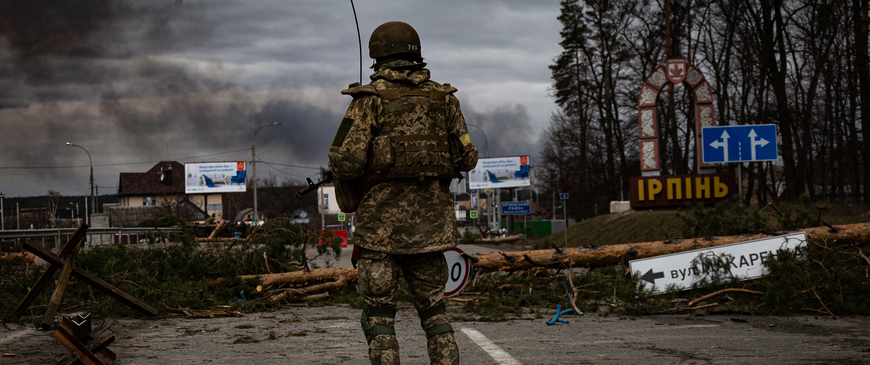In a clear sign of discord within the European Union, member states are sharply divided over the prospect of sending troops to Ukraine, amidst ongoing tensions with Russia. This disagreement has surfaced not only in bilateral discussions but also at high-level EU meetings, illustrating the complex web of national interests, public opinion, and military capability that influences European policy towards the Ukrainian conflict.
The Fault Lines:
The debate was reignited following comments by French President Emmanuel Macron, who suggested that deploying European troops to Ukraine should not be ruled out, particularly in non-combat roles like mine clearance, cyber defense, and weapon production support. This statement has led to a mixed reception across Europe:
France and UK: Both nations have expressed openness to the idea, with British Prime Minister Keir Starmer stating his country's willingness to participate in any peacekeeping force for Ukraine. France, under Macron's leadership, has been vocal about building security guarantees for Ukraine, showing a readiness to take a more active role.
Germany, Poland, and Others: On the other side, countries like Germany, Poland, and several others have been quick to distance themselves from any notion of deploying ground troops. German Chancellor Olaf Scholz emphasized that there was no consensus for such a move, reflecting Germany's historical reluctance to engage in military actions, especially given its post-World War II stance. Poland, wary due to historical animosities with Ukraine, has also expressed caution.
Smaller Nations: Countries like Estonia and the Czech Republic, while supportive of Ukraine, have highlighted logistical and political constraints, with Estonian Defence Minister Hanno Pevkur noting the discussions are still at a very early stage.

The Catalyst:
This division has been exacerbated by several factors:
Trump's Influence: The return of Donald Trump to the US presidency has cast doubts on America's commitment to European security, prompting some European leaders to consider taking more decisive action independently.
Security Concerns: The fear of Russian aggression hasn't waned, with many European leaders concerned about a potential Russian victory in Ukraine leading to further incursions into Europe. However, the approach to countering this threat varies, from bolstering arms supplies to contemplating direct military involvement.
Public Opinion: European publics are not uniformly supportive of military engagement, with polls indicating significant opposition to sending troops to Ukraine, especially in countries like Germany and Italy, which have constitutional or political barriers to such actions.
The Strategic Implications:
The discord over troop deployment to Ukraine has several strategic implications:
NATO Unity: While NATO has no plans for direct combat troop deployment, the disagreement among EU members could undermine the alliance's unity, especially if some countries decide to act unilaterally or in small coalitions.
European Defense: This debate underscores the need for Europe to develop its own defense capabilities, reducing reliance on the US. However, the lack of consensus on an issue as pivotal as Ukraine reveals the challenges in achieving this.
Russia's Response: Moscow has warned that deploying European troops would lead to an inevitable conflict with NATO, although the presence of European forces in a non-combat capacity might be seen as less provocative.
Looking Forward:
As discussions continue, the EU faces a critical juncture. The decision on whether to send troops to Ukraine will not only affect the ongoing conflict but also define the future of European defense policy.
The immediate task for European leaders is to find common ground, perhaps through less controversial measures like increased military aid or non-combat support roles, before any direct troop deployment can be seriously considered.
This situation is a litmus test for European solidarity, showing that while the desire to support Ukraine is widespread, the methods and extent of that support are fraught with national considerations and strategic calculations. As Europe navigates this complex geopolitical landscape, the world watches to see if it can speak with one voice or if it will continue to echo with the dissonance of clashing national interests.
